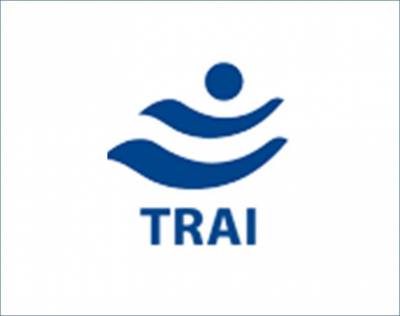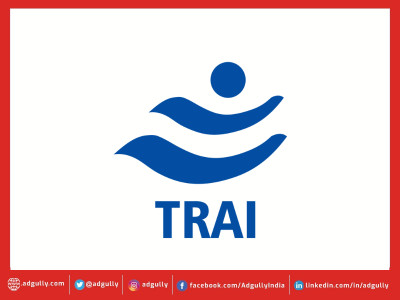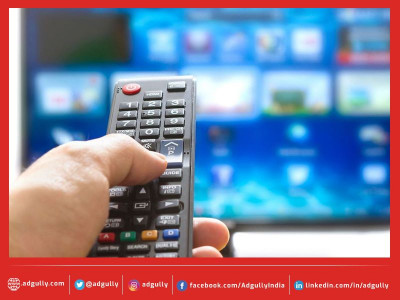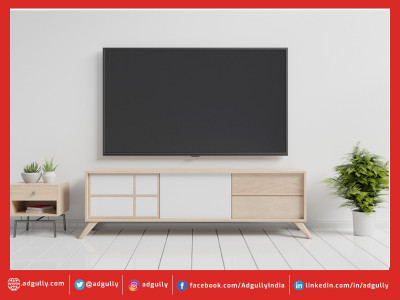TRAI issues new regulations on advertisements for TV channels!
The Telecom Regulatory Authority of India (TRAI) has comes out with the latest set of regulations for the TV Channels pertaining to advertisements. These regulations have been issued by TRAI under the title ‘Standards of Quality of Service (Duration of Advertisements in Television Channels) Regulations, 2012’. As per the regulations, advertisements on TV channels will be not more than 12 minutes per clock hour. In other words maximum 12 minutes of advertisement has been allowed for every one hour of broadcast. Further the rules state that TV channels have to play full advertisements and no drop or ticker ads will be allowed. In case of ads during movies, there has to be an ad break after every 30 minutes as for other programmes it has been set after every 15 minutes. In case of live sports broadcast, ads can only be placed during sports break and as such minimum time between ads is not applicable. The audio level of ads cannot be higher than that of the rest of the programmes being broadcast.
The regulations as per TRAI will benefit the consumers or the viewers and give them a better viewing experience. In doing so the regulators has taken note of complaints received from the consumers pertaining to over advertising, long duration of ads, too much of drop down or ticker ads etc. However this has been flayed by various industry organisations saying that ad time cannot be regulated as it is their fundamental right of freedom and expression - something which is not done in case of newspaper/print ads. Further providing viewers a better TV watching experience is channels business as they are already doing it voluntarily. In the face of competition in the TV channel industry, every channel knows what is best to retain viewers. According to them, TRAI could have restricted itself to the digitization aspects instead of meddling with duration of ad time.
In general, broadcasters and advertisers are against any regulation on the subject given that advertising is outside the jurisdiction of the TRAI as it is akin to content regulation and that it is against the fundamental right of freedom of speech and expression. It has also been brought to the TRAI’s notice that such regulation is contrary to TRAI’s recommendation in 2004 that had said that there should be no regulation on advertising for any channel. Restriction on advertising would have the impact of increase in subscription and that limited inventory time would also jack up ad rates, which would in turn affect small and medium enterprises. The broadcasters and advertiser associations also pointed out that the focus of the moment should have been to drive digitisation than regulate advertising.
Sources say that the country’s leading sports and general broadcasters are contemplating legal action. The most affected will be sports channels like Set Max, ESPN and STAR India, TEN Sports and others who cannot carry ads after the fall of wicket, a four or six scored or any other non-regular breaks during the match.
In a separate ruling on the quality of service and grievance redressal mechanisms in Digital Addressable Cable TV Systems, TRAI has mandated Multi-System Operators (MSOs) not to demand any placement fee from broadcasters. The regulator said MSOs must, in the Reference Interconnect Offer filed with the authority, disclose the basis on which it is charging carriage fees from broadcasters. The MSO must additionally carry a channel in the same genre as has been indicated by the broadcaster.
To enhance consumer convenience, the regulator said all cable operators must provide subscribers a form and manual containing information about the details of the service being offered. Either party has to give a notice period of 15 days for termination of services. Additionally, MSOs have to set up a toll-free customer care centre for redressal of complaints and processing consumer requests. Every MSO or his linked local cable operator must also establish a web-based complaint monitoring system to enable the consumers to monitor the status of their complaints. And, consumer complaints should be addressed within eight hours by cable operators.
Media
MINUTES TO READ















Share
Facebook
YouTube
Tweet
Twitter
LinkedIn